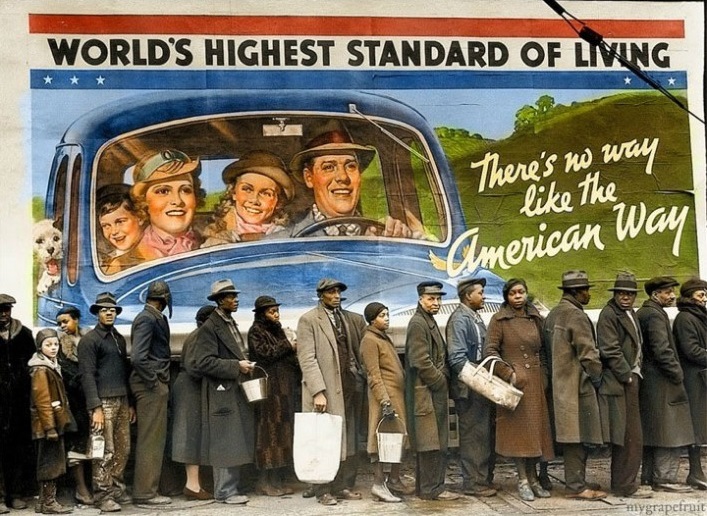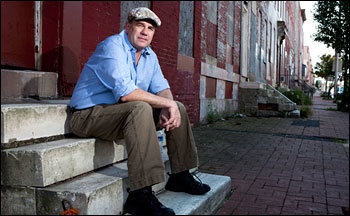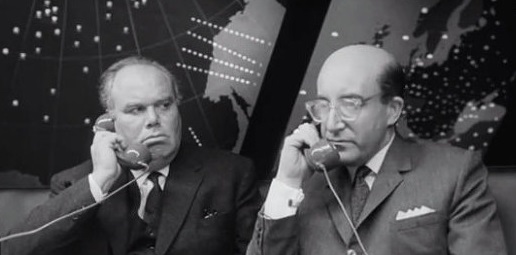
In a long, deeply-researched, and very worthwhile essay, Ta-Nahesi Coates surveys the sweep of American history to make the case for reparations — “by which I mean the full acceptance of our collective biography and its consequences”. “Liberals today mostly view racism not as an active, distinct evil but as a relative of white poverty and inequality. They ignore the long tradition of this country actively punishing black success — and the elevation of that punishment, in the mid-20th century, to federal policy.”
Coates’ historical case here — ranging from 1619 to the present day and resting on works by Edmund Morgan, Eric Foner, Ira Katznelson, and others (he even gets in the oft-forgotten Tulsa riots) — is air-tight and undeniable. At the very least, we could all stop pretending that four centuries of shameful discrimination and brutality didn’t happen, and acknowledge that, as Coates points out, it remains manifest in everything from our housing policies to the wealth gap to our absurd incarceration rates.
Along those lines, granted this may be changing soon, but it remains ridiculous that we have a very powerful Holocaust Museum on the Mall, but no equivalent museum or memorial about our own national original sin, slavery. The Holocaust Museum is very appropriate for DC: It is an unforgettable reminder of the systematized depravities that even supposedly civilized societies can commit. But we need to start considering the beam in our eye more seriously as well.
This piece also dovetails nicely with one of my favorite Cornel West quotes: “To understand your country, you must love it. To love it, you must, in a sense, accept it. To accept it as how it is, however is to betray it. To accept your country without betraying it, you must love it for that in it which shows what it might become. America — this monument to the genius of ordinary men and women, this place where hope becomes capacity, this long, halting turn of the no into the yes, needs citizens who love it enough to reimagine and remake it.”









